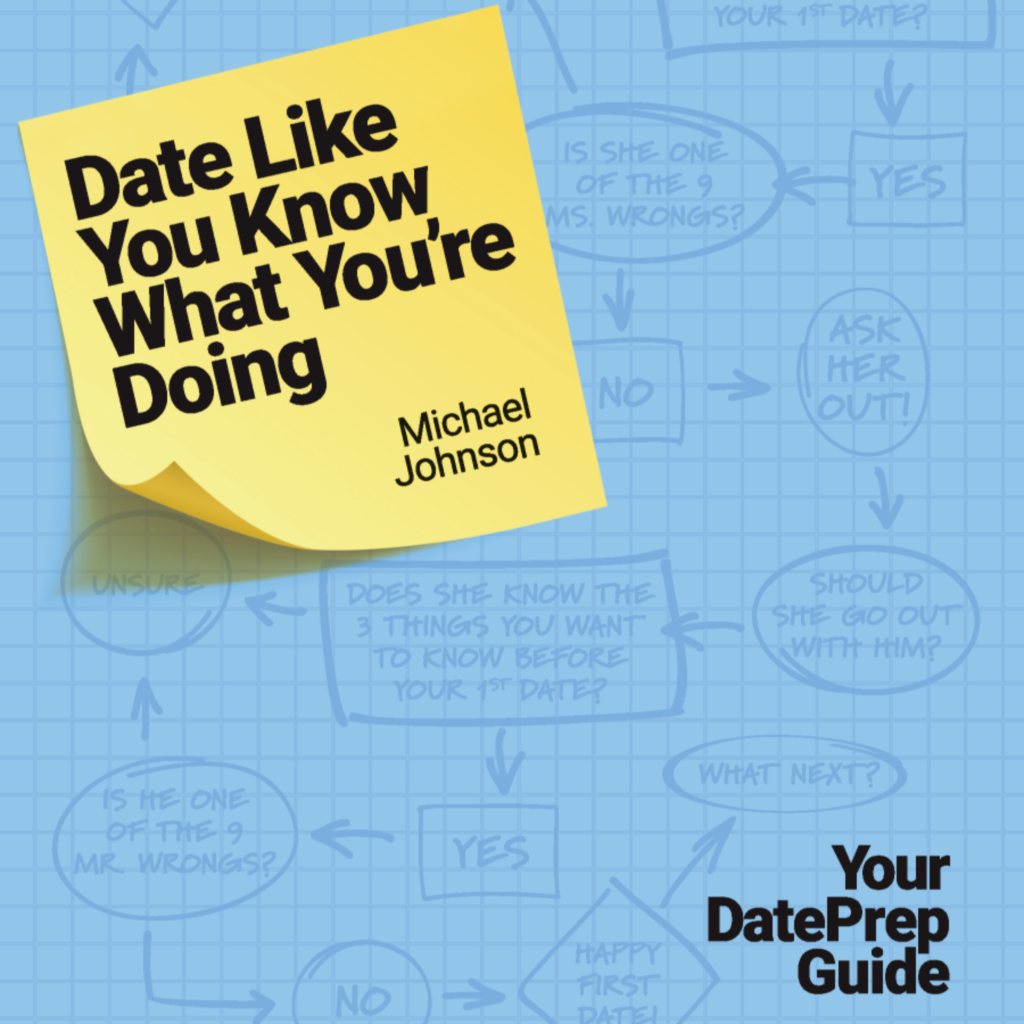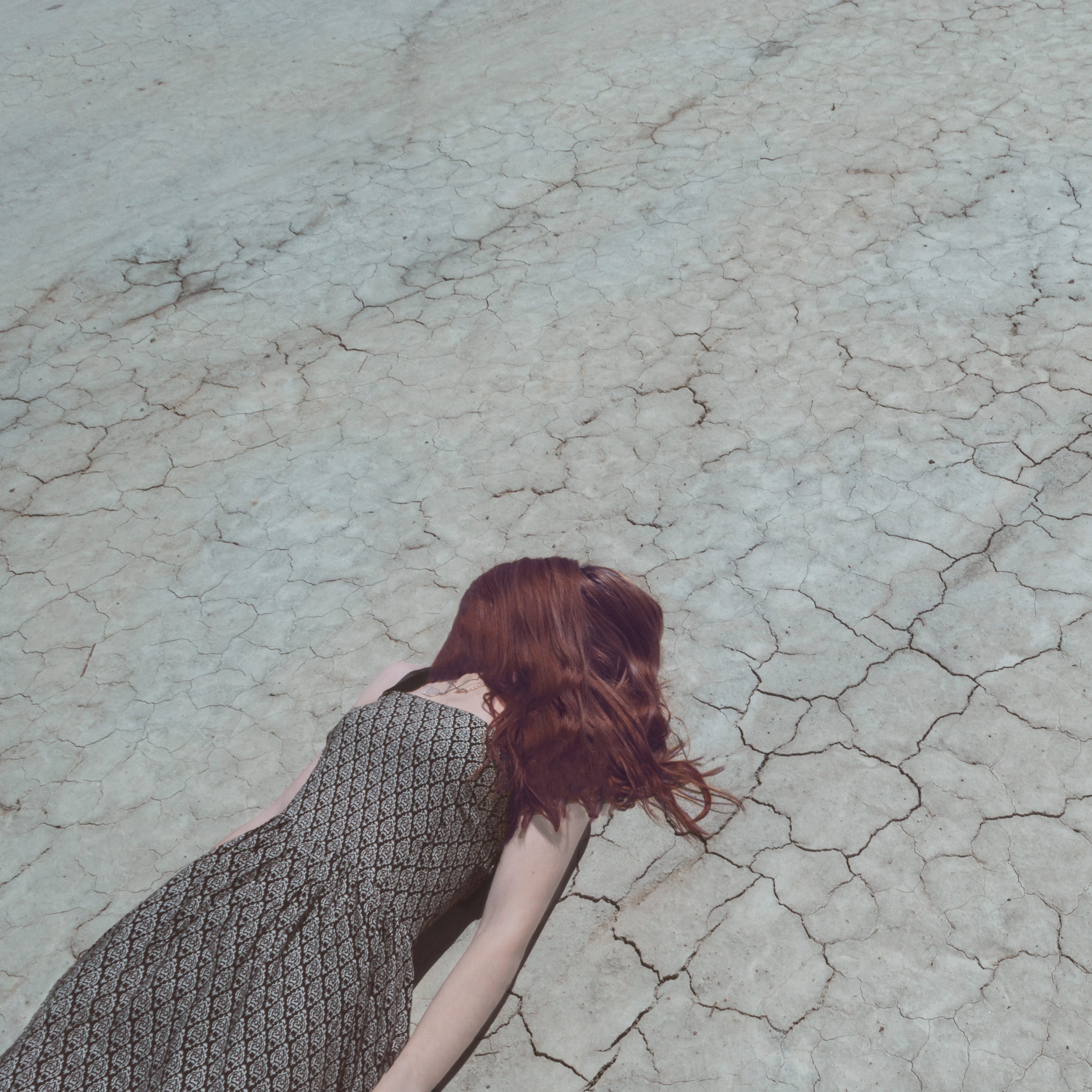Good.
Because that’s our first intimacy impostor: attention.
As a child I suffered from a unique form of Attention Deficit Disorder that goes by the letters:
SQUIRREL!
OK. I’m kidding.
The actual letters are RADD. And, yes, I am a child of the 80s when everything that was awesome was called RAD (which was slang for radical), but I’m not talking about that kind of rad.
Wait.
What was I talking about?
Ah yes: my unique form of ADD. What was so unique about it?
Simply that the deficit of attention I experienced wasn’t my own attention. It was everyone else around me. I couldn’t get enough of their attention.
If there was a stage, I wanted to be on it. If there was a spotlight I wanted to be in it. If there was a mic, I wanted to be holding it (after a proper introduction, of course).
DIAGNOSIS: Relational Attention Deficit Disorder (RADD).
I can’t really blame my parents for this. I was an only child and probably got 10.6 times more attention than the average child. And still I needed more.
Thankfully I did eventually grow out of it. Indeed, I vividly remember the first time in my life I sat in an audience and was content – perfectly content – not to be on stage. If you invite me over sometime I’ll tell you the whole story, but for now I will share that I was 18 years old.
18 years of wanting all eyes to be focused on my face; all ears to be tuned into my voice; all human attention to be riveted on my person; all the time. And I’m not saying I was cured at 18, but that at 18 I experienced my first breakthrough.
Even if you cannot personally relate to the symptoms of RADD, I’m betting you know someone who could.
Actually, you MIGHT suffer from RADD even if you’d never dare step on a stage.
Not all attention hogs need a spotlight and a mic. Some only need a Facebook or Instagram account.
(Did that strike closer to home?)
What’s wrong with attention? In moderation, not a thing.
But in excess, much.
When you think about it, nothing could be more human than the need for attention. After all, it’s the first relational need we seek. Way before we we’re even aware of relational needs; before we can walk or talk; indeed, before our earliest memories we are already craving attention.
And already knew instinctively how to get it. WAAAAAAAAAAHHHHHHH!
We cried and were picked up. We cried and were fed. We cried again and were burped. Sometimes we could win attention without making a sound. Our parents would simply sense something… a presence they hadn’t felt since… our last diaper change. Indeed if our infant cries were never answered or our poopy diapers never changed regularly, we can bear lasting scars from that lack of attention.
So getting a little attention is important! And even though our need for attention should decrease as we age, there’s nothing more normal than looking for a good dose of attention from those we love.
And nothing more alienating than never receiving it.
However, it’s quite easy (and quite common) for the drive for attention to turn into an intimacy impostor; for us to look to intimacy to tell us who we are and why we’re here.
The mindset’s pretty simple:
- Are you getting attention? That means you’re important, interesting or “liked.”
- Are you not getting the attention you deserve? It must be because you are not important, not interesting or not “liked.”
On its surface this is obviously a deficient method of deriving personal validation, but that doesn’t stop many from using it. Even worse…
When we choose to settle for (or seek out) attention over healthy life-giving intimacy, we often make it far more difficult to obtain and grow in the intimacy our soul craves so deeply.
We’ll look into why that is next week. In the meantime, consider talking through these questions with one or more friends:
- Do you feel like you get enough attention? Why or why not?
- Do you suspect you may suffer from Relational Attention Deficit Disorder (RADD)? Why or why not?
- Have you witnessed an unhealthy pursuit of attention damage relationships (either in your own life or in the life of someone you know)? Can you describe how it happened?
Date Night Advice (DNA) series: The Intimacy Impostor of Attention
Episode 1: Can’t Get Enough Attention?
Next Episode: How Many Selfies Does it Take to get the Attention You Want?






